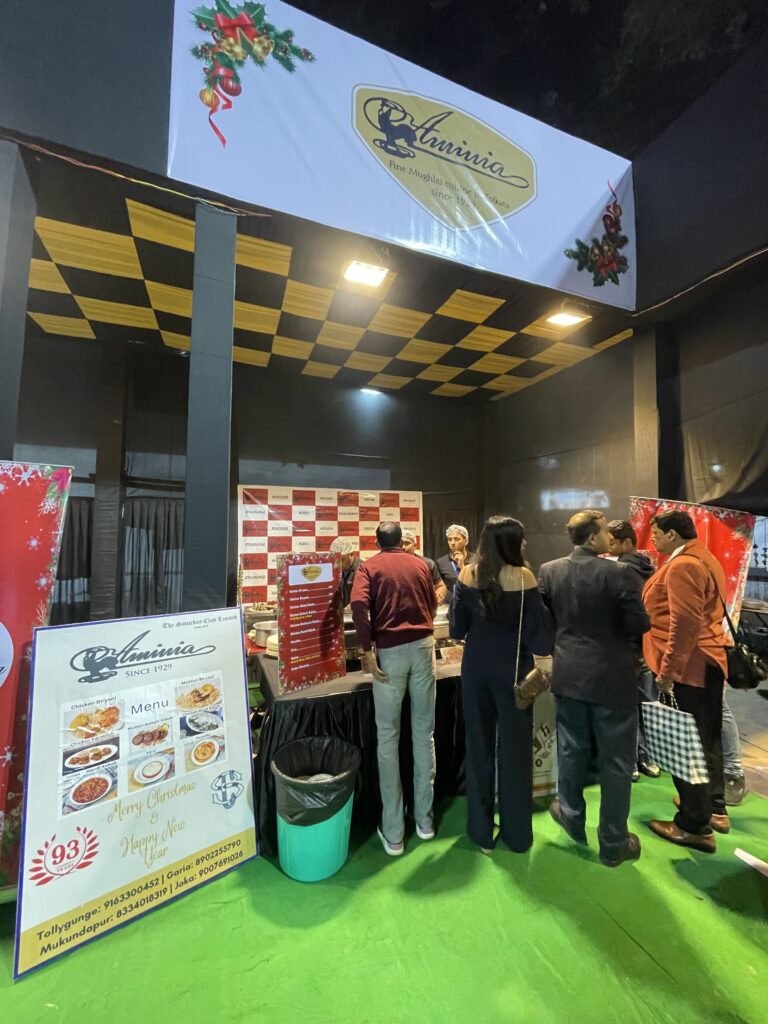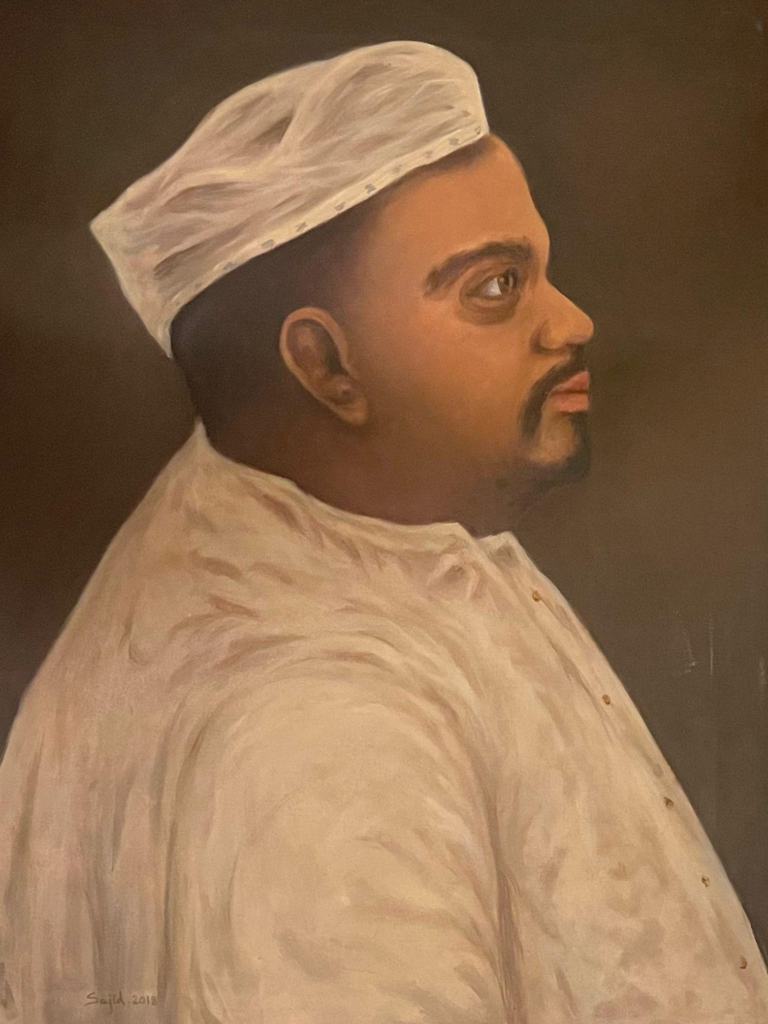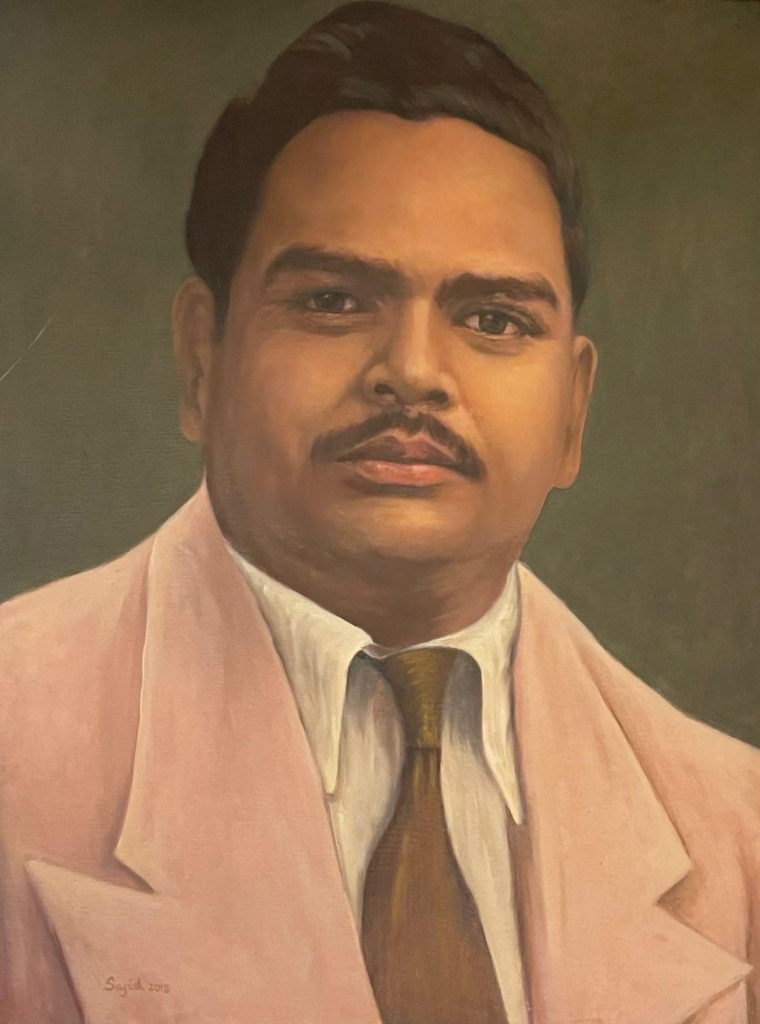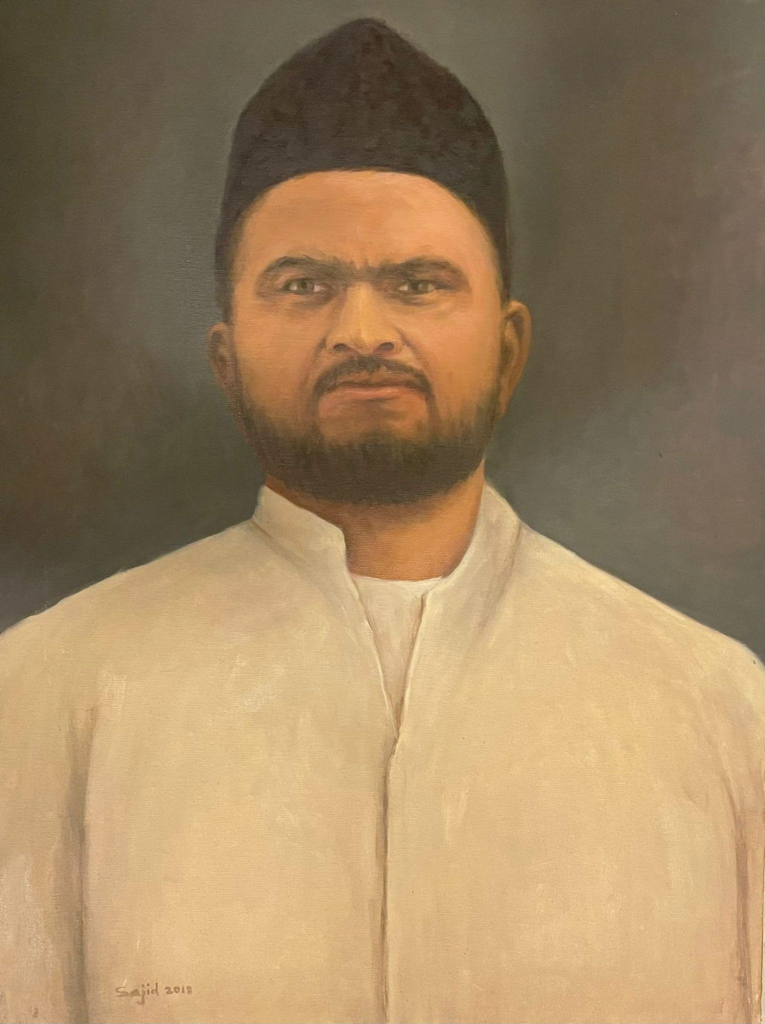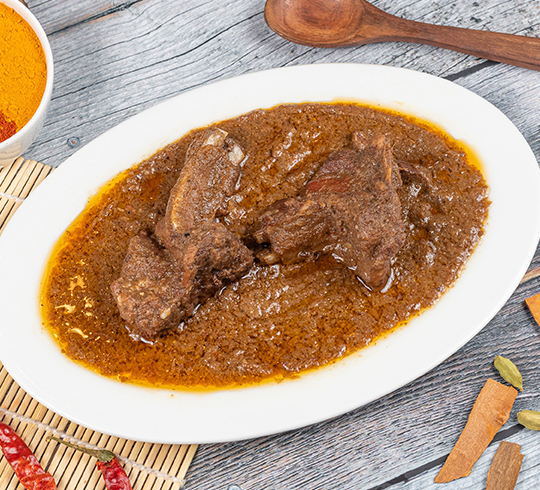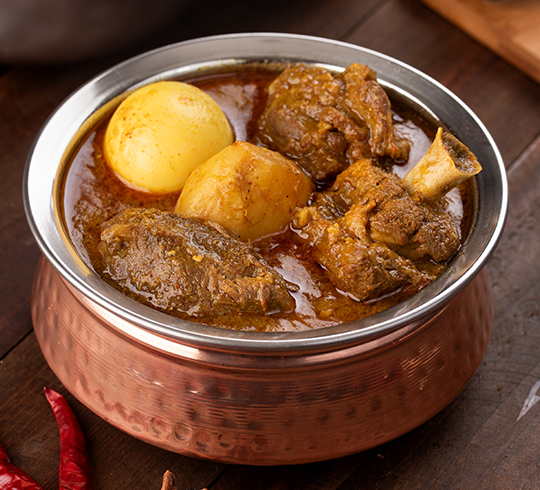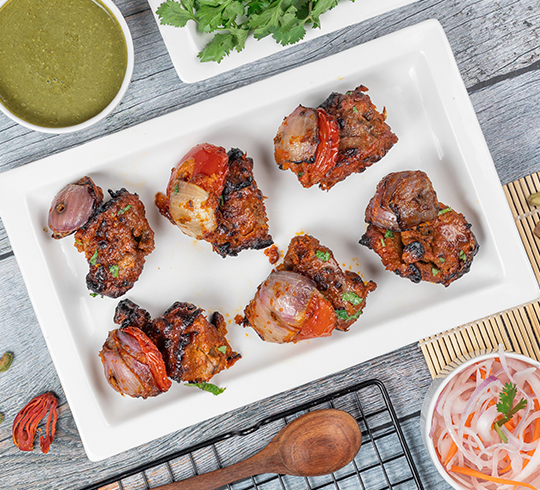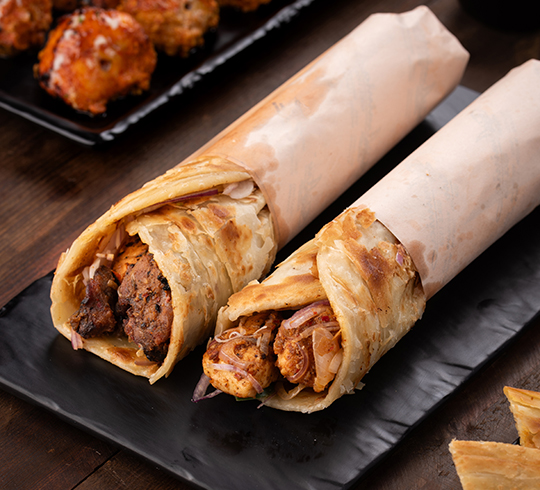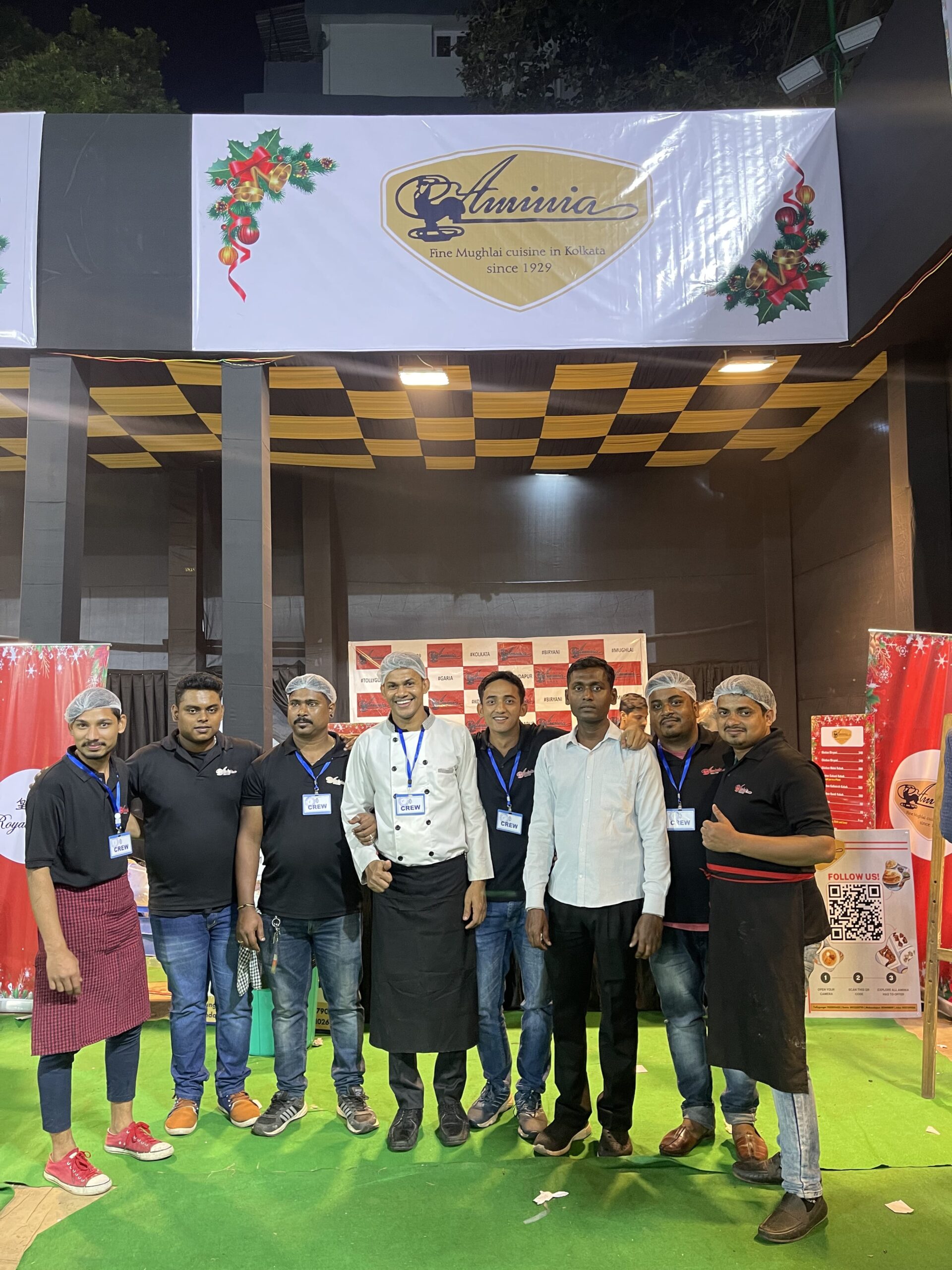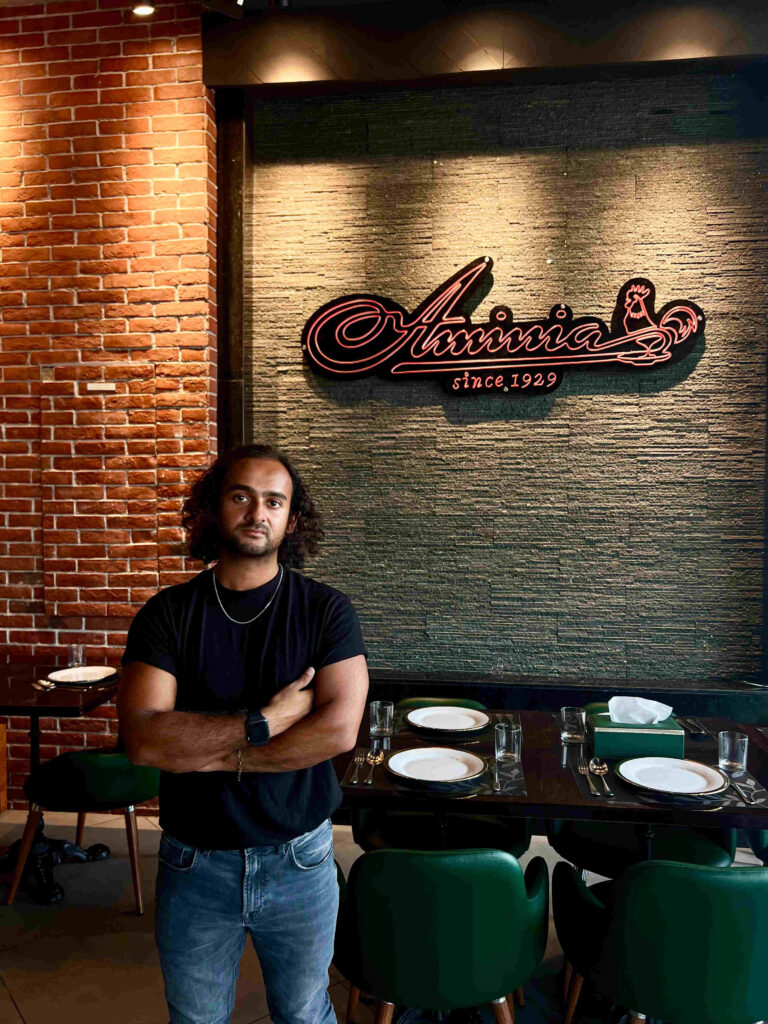Our Journey
It all began with a little boy throwing a tantrum while walking home with his father after sayingthe midday prayers. Sitting resolutely on the steps of what later became the iconic Aminia on
Zakaria Street, he declared he wouldn’t budge until his father bought the hotel. His father, Molvi
Abdul Rahim, promised his son, Md Amin, that he would do so.
Molvi Abdul Rahim was the son of Abdul Karim, a Zamindar from Daryabad in Uttar Pradesh.
Abdul Karim’s family were descendants of the sepoys who had revolted in the famous Revolt of
1857. Fleeing from British retribution, they disguised themselves as weavers in Daryabad. Over
time, the Raja of the district, pleased with their loyalty, granted them land.
One day, Md Amin, Abdul Rahim’s son, threw a memorable tantrum, leading to the
establishment of Aminia. Originally a “phelwan ka hotel,” Abdul Rahim bought it and named it
after his son. Positioned opposite the Nakhuda Mosque, Aminia quickly became a renowned
name among Calcutta’s Muslims, thanks to Abdul Rahim’s hard work and innovative ideas.
The restaurant thrived from dawn till late night. Post-Fajr prayers, people flocked there for
breakfast. Curries, various breads, trotter soup (paya), and the special winter dish, Nehari,
became famous. Abdul Rahim’s culinary expertise made Aminia’s reputation soar.
In 1940, after Abdul Rahim’s passing, his sons Md Amin and Haji Abdul Quaiyum took over.
Together, they expanded Aminia by adding a tea section, boarding house, branded bread, soda
pop machines, and ice cream. A special dining hall hosted VIP guests, leaders of the Khilafat
movement, and Muslim League freedom fighters, solidifying Aminia’s legacy.
During the independence movement, while many Muslims left India, the Aminia family chose to
stay. Progressive and enterprising, Amin and Quaiyum sought to expand. They found a
restaurant near the Calcutta Municipal Corporation building and opened another Aminia branch
on August 15, 1946, welcoming Calcutta’s food lovers.
Today, with branches around West Bengal, Delhi and the city and a new outlet in Dubai, Aminia
continues to celebrate nearly a century of tradition, flavours, and family pride.

